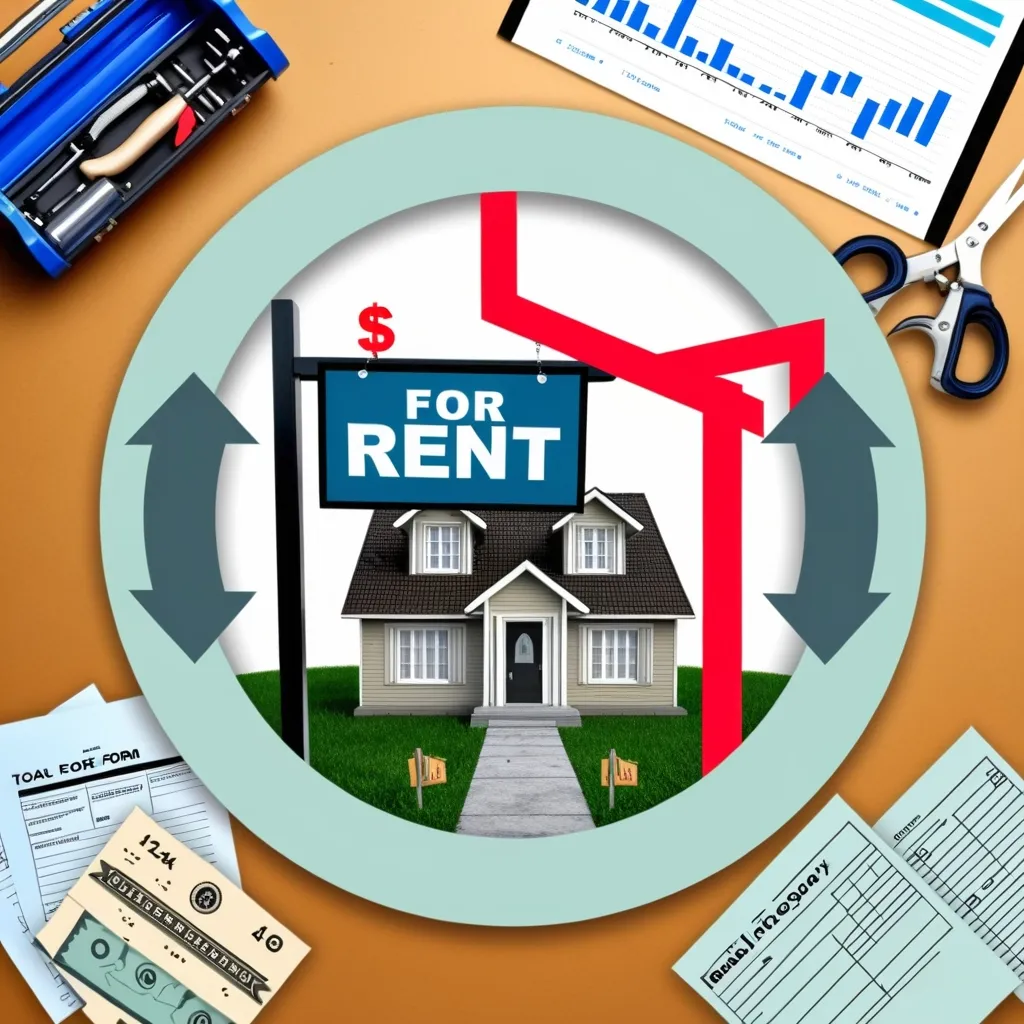The Gig Economy: A Double-Edged Sword for Economic Stability
Hey there, fellow work enthusiasts! Let’s dive into the wild world of the gig economy. You know, that place where short-term contracts and freelance gigs reign supreme. It’s like the Wild West of the modern workforce, and boy, does it have its ups and downs.
So, picture this: you’re sitting in your pajamas, sipping coffee, and cranking out work for clients across the globe. Sounds pretty sweet, right? That’s the flexibility and autonomy that’s got everyone buzzing about the gig economy. It’s a far cry from the old-school 9-to-5 grind, that’s for sure.
For many folks, this newfound freedom is a game-changer. Imagine being able to pick up the kids from school, hit the gym in the middle of the day, or even travel while working. It’s like having your cake and eating it too. And let’s be real, who doesn’t want that?
But hold your horses, because it’s not all sunshine and rainbows in gig land. While some people are living their best lives, others are just trying to keep their heads above water. For every digital nomad sipping piña coladas on a beach, there’s someone struggling to make ends meet.
The gig economy has opened doors for people who might have a tough time landing traditional jobs. Got a car? You can drive for a ride-sharing service. Handy with a wrench? There’s probably an app for that. It’s like a buffet of job opportunities, and everyone’s invited to the feast.
But here’s the kicker: a lot of people aren’t choosing the gig life because they want to. They’re doing it because they have to. It’s their lifeline, their way of putting food on the table. And speaking of food, did you know that nearly one in five gig workers goes hungry because they can’t afford enough to eat? Yeah, that’s a pretty sobering thought.
Now, let’s talk about the elephant in the room: job security. Or should I say, the lack thereof. Gig workers are often left high and dry when it comes to benefits and legal protections. It’s like walking a tightrope without a safety net. One day you’re flush with work, the next you’re scrambling to find your next gig.
And don’t even get me started on the technical glitches. Imagine working your tail off all day, only to find out that a glitch in the system means you’re not getting paid for half your hours. It’s enough to make you want to throw your laptop out the window, right?
But wait, there’s more! Many gig workers are earning less than minimum wage. We’re talking as low as $5 an hour in some cases. That’s barely enough to buy a fancy coffee, let alone pay the bills. And remember, gig workers are on their own when it comes to taxes, insurance, and saving for retirement. Talk about a financial juggling act!
Now, let’s flip the script and look at this from a business perspective. Companies are loving the gig economy. It’s like having a buffet of talent at their fingertips, without the hassle of full-time employees. Need a marketing whiz for a one-off project? There’s probably a freelancer for that. Want to scale up quickly without committing to long-term hires? The gig economy’s got your back.
But here’s where things get tricky. The rapid growth of the gig economy has left policymakers scratching their heads. How do we classify these workers? What rights and protections should they have? It’s like trying to fit a square peg into a round hole, and the stakes are high.
Looking ahead, the gig economy isn’t going anywhere. If anything, it’s set to grow even more. The COVID-19 pandemic has shown us that remote work and flexible arrangements are not just possible, but often preferable. But as we move forward, we need to address the challenges head-on.
We need to ensure fair pay for gig workers. We need to provide them with necessary benefits and legal protections. And we need to create a system that supports economic stability, not just for businesses, but for the workers who make it all possible.
Local governments can play a big role here. They can educate people about the realities of gig work, help workers create solid budgets, and encourage them to get proper licenses when needed. It’s about creating a support system that allows gig workers to thrive, not just survive.
And hey, traditional businesses are getting in on the action too. They’re starting to see the benefits of incorporating gig workers into their operations. It’s like having your core team, but with the added flexibility of bringing in specialized talent when you need it. It’s the best of both worlds.
So, where does this leave us? The gig economy is like a rollercoaster ride. It’s thrilling and terrifying all at once. It offers incredible opportunities for flexibility and innovation, but it also comes with serious challenges that we can’t ignore.
As we move forward, we need to find a balance. We need to embrace the innovation and flexibility that the gig economy brings, while also ensuring that workers are protected and valued. It’s about creating a system that works for everyone, not just the lucky few.
The gig economy isn’t just a trend. It’s a reflection of how work is evolving in our digital age. And as it continues to grow and change, we need to be ready to adapt with it. We need to create policies and systems that support gig workers, while still allowing for the innovation and flexibility that make the gig economy so appealing.
In the end, the gig economy is neither a perfect solution nor an insurmountable problem. It’s a complex, multifaceted part of our modern economy that requires thoughtful consideration and ongoing adjustments. By addressing its challenges head-on and maximizing its benefits, we can work towards a future where the gig economy contributes positively to economic stability for all.
So, whether you’re a gig worker, a business owner, or just someone trying to understand this new world of work, remember this: the gig economy is here to stay. It’s up to us to shape it into something that works for everyone. Let’s roll up our sleeves and get to work on creating a gig economy that’s fair, sustainable, and truly empowering for all. After all, the future of work is in our hands. Let’s make it a good one!






